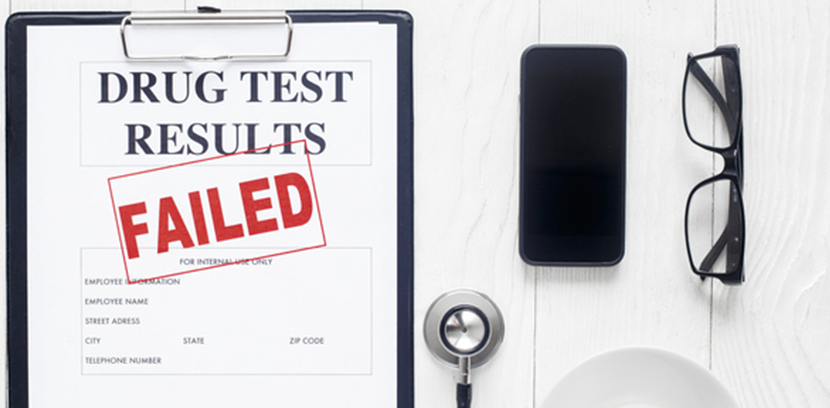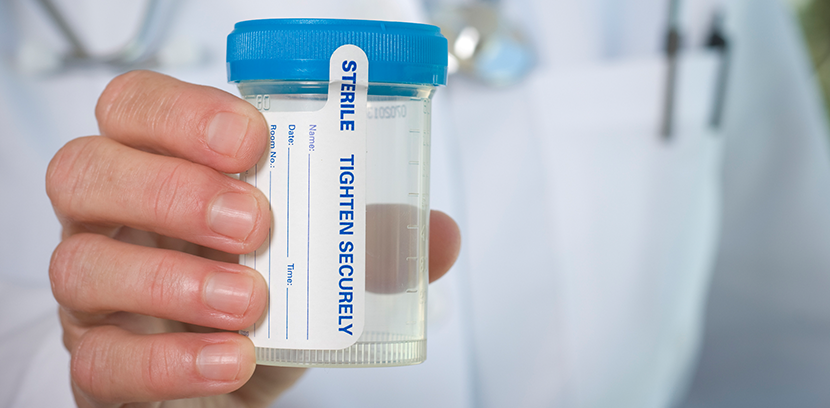Screening Practices for a Drug-Free Workplace

In 1988, President Ronald Reagan signed the Drug-Free Workplace Act requiring employers of federal workers and certain federal contractors to adopt a drug-free workplace policy and create drug-free awareness programs. Today, many employers have chosen to adopt these policies and programs as the norm. If your organization is considering implementing a drug-free workplace or already has one in place, this post will offer what to consider, reasons to adopt the policy, drug screening practices and more.
Read more to learn about screening practices and how to implement a drug-free workplace.
Why Employers Go Drug-Free
According to The Council on Alcohol and Drugs, 80% of the U.S. workforce work in small-to-medium sized businesses where drug testing programs are not in place. These businesses are at risk of losing $1000 per employee, per year due to the effects of substance abuse.
For those businesses that do go drug-free or have substance abuse awareness programs, there are many specific reasons including:
- To reduce the risk of harm to company property, other employees or customers.
- To create a safe, healthy and happy work environment.
- To reduce the risk of medical insurance costs.
- To minimize the potential effects of substance abuse such as personal problems, illness, low productivity and absenteeism.
- Because their industry requires compliance with drug-free policies.
- So they are considered for government or federal contracts.
- Because their employees operate heavy equipment.
See also: More Job Applicants are Failing Drug Tests
What's Included in a Drug-Free Workplace Screening Policy?
Legislation related to drugs in the workplace looks vastly different than it did in 1988. With many states legalizing marijuana, employers may be especially confused on the legality of enforcing drug screening. Marijuana is considered a Schedule 1 Substance under the federal Controlled Substances Act so employers still have a right to screen.
Employers also have the right to screen employees for drugs during:
- Pre-employment background checks
- Randomly, without cause
- After any workplace accidents
- If there is reasonable suspicion of impairment
A workplace policy will include clear and readily accessible guidelines that all employees will adhere to. Employers must define what constitutes reasonable suspicion, how and when drug testing will be performed if an employee appears impaired. Employees must also be aware of when their employer will screen, who will be performing the testing and how often. Application of these policies must follow the same guidelines as running any background check - the employee must be aware that it's happening and have given consent to be screened. Managers and staff must also be trained to implement the program fairly and consistently.
Assistance and access to treatment facilities can also be included as well as disciplinary actions for those who fail to seek help.
Trends in Drug Screening
Last month, SHRM reported that cannabis oil (a.k.a. CBD oil) is complicating drug testing. Because the substance is unregulated and made in a number of different ways, there may be minute detection of THC, the chemical component that causes the high in marijuana, during a drug screening. If this result occurs, employers could have a conversation with the employee to get a reasonable explanation. As the product grows in popularity, employers may see more instances of positive drug test results.
Here at VeriFirst, we are seeing an increase in employers requesting "rapid" drug testing. It's the same urinalysis test done at a lab, but the collection cup is more advanced. We configure the employer's screening account to order the instant / rapid drug test kit at the lab, which provides results within minutes. If the drug test is negative, the results are complete in about 15 minutes. If the test comes back positive, we'll send the specimen to a Medical Review Officer (MRO) for confirmation.
A drug-free workplace helps to ensure healthy and happy employees who are productive and safe from harm. If you have any questions about how VeriFirst can help with your drug screening, click on the green button to get a free, personalized quote for your business.
Share this
You May Also Like
These Related Stories

More Job Applicants Are Failing Drug Tests

States Changing Pre-Employment Drug Screening for Marijuana


